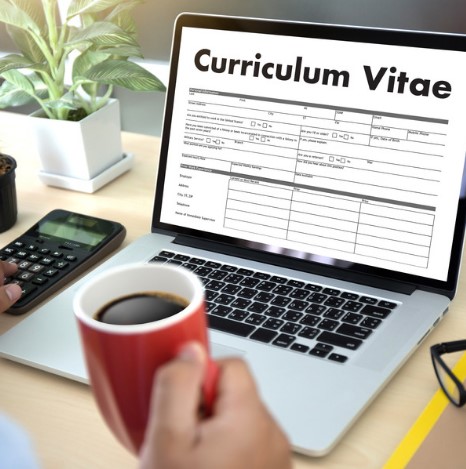
En el episodio del dia de hoy de nuestro podcast, te traemos, 10 frases idiomáticas que te ayudaran a hablar ingles como un nativo.
Te preguntaras por que aprender frases idiomáticas? Simple, las frases idiomaticas son propias de la cultura del idioma y aunque sepas toda la gramatica, verbos y palabras, si no entiendes las frases idiomáticas te quedaras boca a abierta cuando te hablan en ingles. Asi que para aliviar esta mal, te dejo 10 frases idiomaticas aqui para que empiezes a aprenderlas.
Keep an eye on
Cuidar, proteger a algo o alguien, mantener la vista sobre algo o alguien.
Ej: I need to keep an eye on what I eat.
Debo de cuidar lo que como.
Joined at the hip
To be exceptionally close to someone
Ser muy cercano a alguien (Hip en ingles es pelvis, osea que esta frase significa unido a la pelvis) Expresa que eres muy cercano.
Ej: My sister and I are joined at the hip.
MI hermana y yo somos muy cercanos.
Pat on the back
Palmada en la espalda, esta frase se usa para felicitar a alguien.
Ej: The teacher pat me on the back because I got good grades.
See eye to eye
Estas de acuerdo.
Ej: My boss and I do not always see eye to eye.
Mi jefe y yo no siempre estamos de acuerdo.
On the nose
Preciso, en el movento exacto.
Ej: She was right on the nose with her comments about the play.
Ella fue exacta con su comentario acerca de la jugada.
Cover a lot of ground
Cubrir mucho terreno, cubrir mucho material en clase o reunion.
Ej: We covered a lot of ground in our last meeting.
Cubrimos mucho terreno en nuestra ultima reunión.
Eager beaver
Ser entusiasta por el trabajo, trabajar mucho,
Ej: Don’t be such an eager beaver, we have time to complete this task.
No quieras trabajar tanto, tenemos tiempo para hacer esta tarea.
Copycat
Someone who copies the work of another person
Bookworm
Se usa para referirse a alguien que lee mucho.
Ej: She is such a bookworm.
Ella lee mucho.
Brainstorm something
Pensar en nuevas ideas.
Ej: we are brainstorming how to make more sales.
Estamos pensando en como tener mas ventas.
Phrasal verb del día:Break down
Estropearse, averiarse
Averiarse un mecanismo, un motor, un electrodoméstico, etc.
Romperse, fracasar
Fracasar unas negociaciones, romperse una unión, etc.
Derrumbarse emocionalmente
Venirse abajo, desplomarse anímicamente.Ej:
Tweet
I’m sorry I’m late but my car broke down and I had to get a taxi.
Talks have broken down between the two governments.
She just broke down and cried.
Escucha el episodio aquí:
Suscribete en: Apple podcast / Spotify / Google podcast
Síguenos en las redes sociales:
Únete a una comunidad con tus mismo intereses y practica tu inglés.
Desde los inicios de los tiempos los seres humanos hemos necesitado la comunidad para fortalecernos y crecer juntos y eso no ha cambiado, el ser humano es un ser social y la socialización en torno a un tema de interés común te ayudara a aprender mas rápido, es por esto que te recomiendo que busques una comunidad con tus mismos intereses para que puedas practicar tu inglés, socializar, aprender y compartir lo que sabes, eso de verdad que ayuda mucho.
En EnglishwayRD creemos que la comunidad es importante para el aprendizaje y por eso tenemos nuestro club de inglés en Whatsapp. Únete y comparte y aprende en comunidad.

Conoce a los presentadores del podcast

Starlin santos
Co-fundador de englishwayrd, host del podcast englishwayrd. Profesor de ingles con mas de 5 años de experiencia en la enseñanza del idioma inglés. TEFL certified.

Thomas martinez
Co-fundador de englishwayrd, host del podcast englishwayrd. Profesor de inglés certificado con 4 años de experiencia en la enseñanza del idioma ingles y mas de 1o años en el aprendizaje de inglés. TEFL certified.





